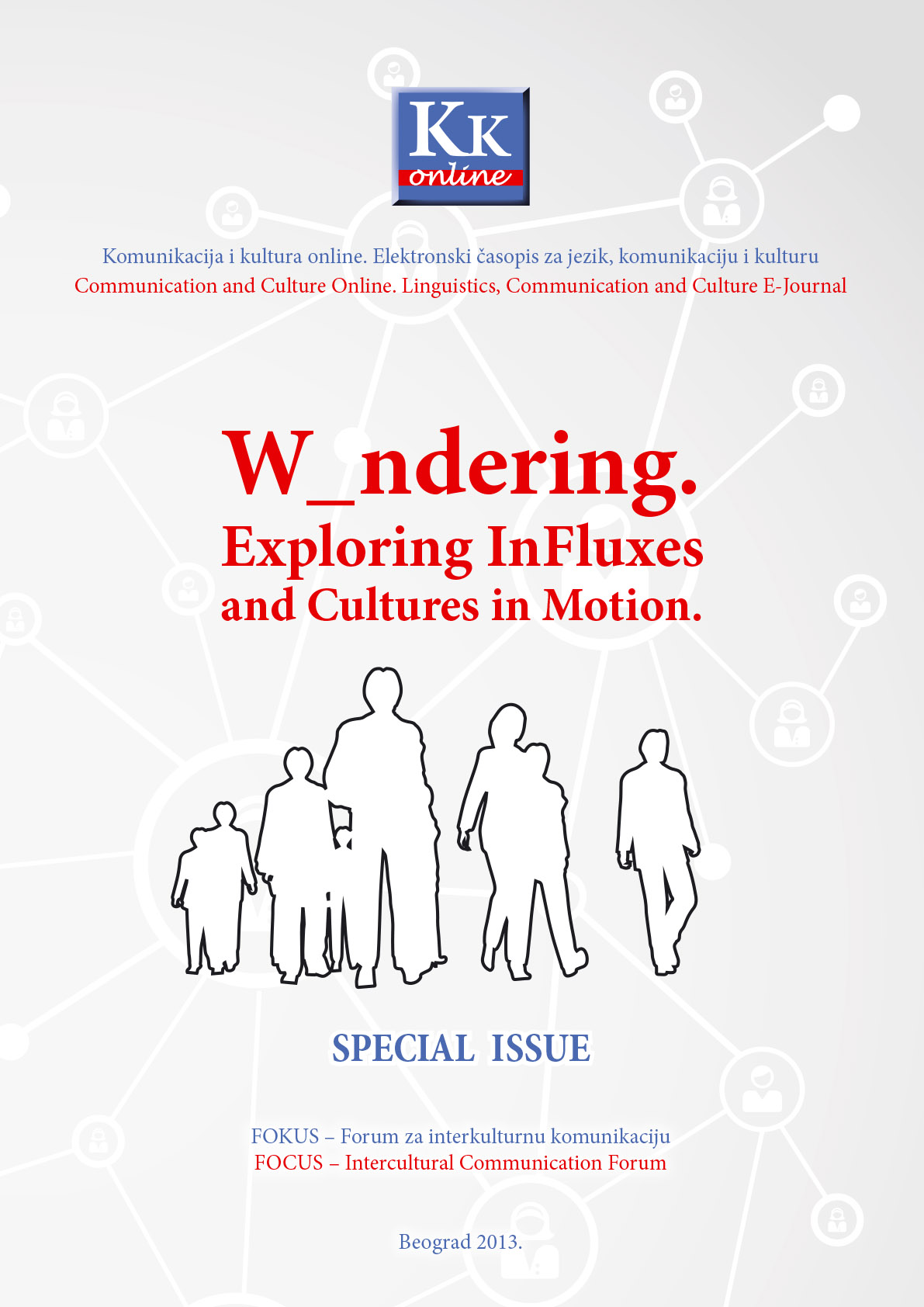TRAVELING TRANSLATIONS AND ORIENTALISM IN REVERSE. PERSIAN (HOMO)EROTIC LITERATURE AND ITS TRANSLATIONS INTO WESTERN LANGUAGES
Sažetak
The translation of a literary piece always produces a loss that can be dramatic. More often than not, the reader cannot perceive it, unless the translation can be compared to the original. Usually, the passage to another language is more detrimental to the original style than to the content, but also puns and references to the cultural context are difficult to be translated. In the case of poetry, the translator might experience some trouble in rendering rhymes, rhythms and musicality. Sometimes, however, the original meaning results distorted, not only because of the translator's lack of competence, but also for a precise plan which reflects the publisher's economic and cultural interests. In specific contexts, it is the same translator who censors his/her work, for fear of the publisher's refuse or of the readers' negative reaction. This auto censorship has been applied to many translations from poems of the Persianate world, so much so that Western translators have often “moralized” poetry to the detriment of the meaning and with the loss of important cultural aspects related to the culture in which the lyrics were composed. A striking example is the fact that Western scholars have translated Persian love sonnets (ghazals) as if they were all dedicated by the poet to his beautiful woman, without taking into consideration that more often than not the verses are dedicated to a man by another man. This led to the Western world's suppression of a huge homoerotic literature, and hindered the understanding of crucial mechanisms typical of the Persianate societies. At the same time, Western translators' censorship reveals another aspect of Orientalism that, while fabricating its own erotic Orient, disclosed its bigotry and blindness by missing to grasp and articulate the profound aspects of gender dynamics in the Middle East










